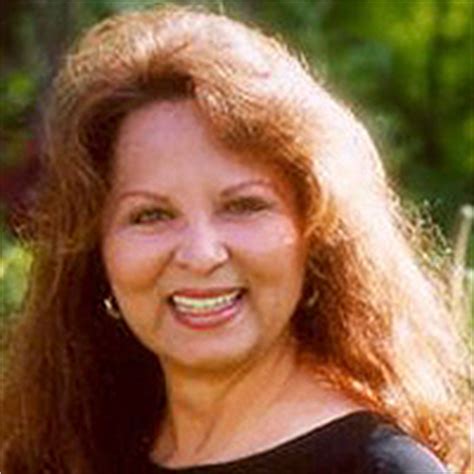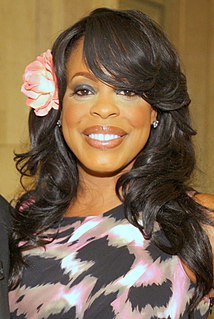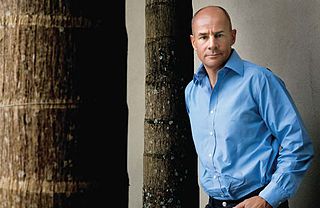A Quote by James Surowiecki
Speculators get a bad rap. In the popular imagination they're greedy, heedless, and amoral, adept at price manipulations and dirty tricks. In reality, they often play a key role in making markets run smoothly.
Related Quotes
We used to have MTV and all these ways we can show our videos, and it was these rap shows, and it was everything. And then it became not cool to be conscious; it became cool to just hang out. Escapism rap became the norm. And, when I say "escapism rap", I mean getting high, get your cars, get your money, get your jewelry, go to the club, have your women, and it just became all about escaping your reality and not making your reality better on a real tip; not just on the have fun tip.
Markets are a social construction, they're made from institutions. We in a democratic society create markets, we constitute markets, we bring them into existence, and we shouldn't turn markets over to a narrow group of people who regulate them and run them in their interests, rather they should be run democratically for the common good.

































